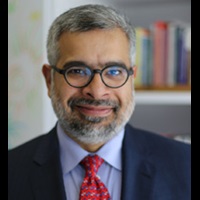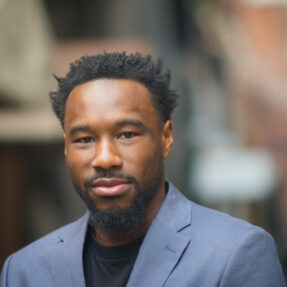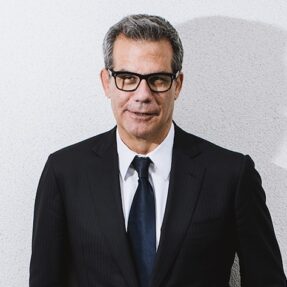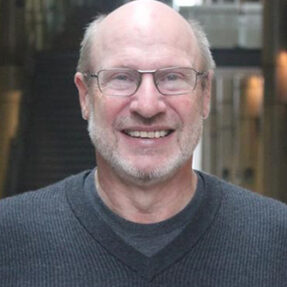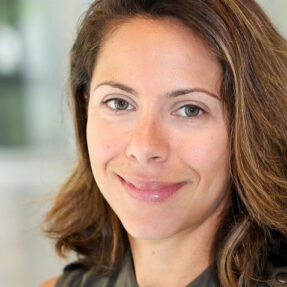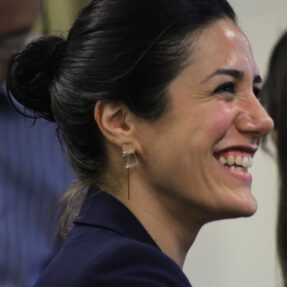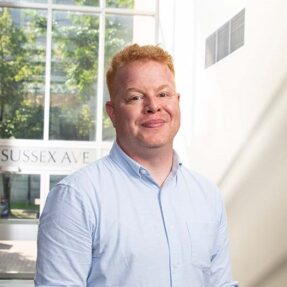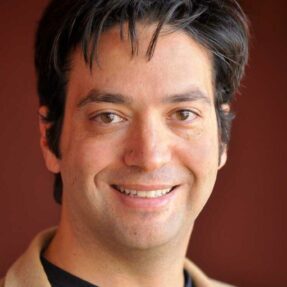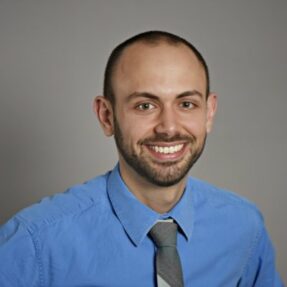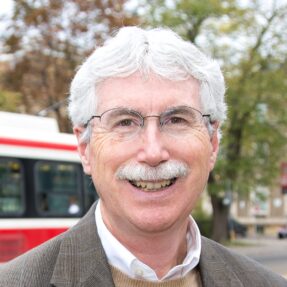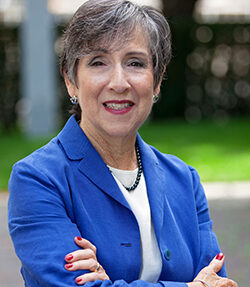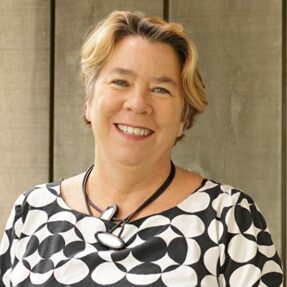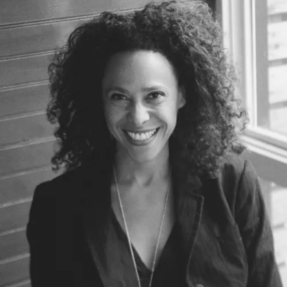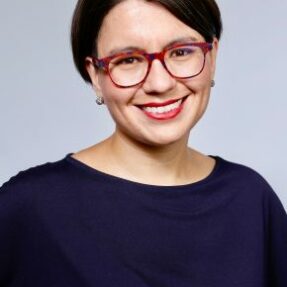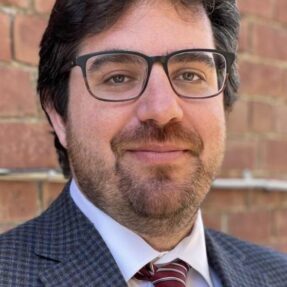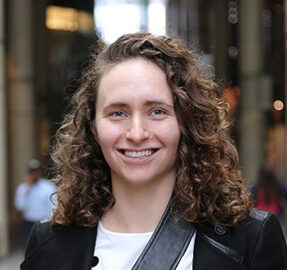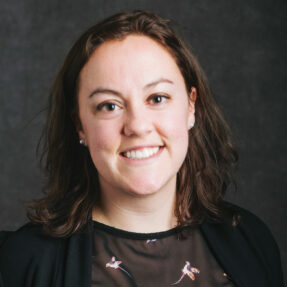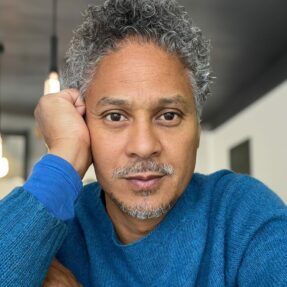
Professor Karen Chapple is the Director of the School of Cities at the University of Toronto, where she also serves as Professor in the Department of Geography & Planning. She is Professor Emerita of City & Regional Planning at the University of California, Berkeley, where she served as department chair and held the Carmel P. Friesen Chair in Urban Studies.
Chapple studies inequalities in the planning, development, and governance of regions in the Americas, with a focus on economic development and housing. In 2023 Chapple received the Sir Peter Hall Award for Lifetime Contribution to the Field from the Regional Studies Association. Her recent books include Planning Sustainable Cities and Regions: Towards More Equitable Development (Routledge, 2015), which won the John Friedmann Book Award from the American Collegiate Schools of Planning; Transit-Oriented Displacement or Community Dividends? Understanding the Effects of Smarter Growth on Communities (with Anastasia Loukaitou-Sideris, MIT Press, 2019); and Fragile Governance and Local Economic Development: Theory and Evidence from Peripheral Regions in Latin America (with… Read more
Meet the teams
Nouman Ashraf
Special Advisor of Pedagogy, School of Cities & Associate Professor, Teaching Stream, Rotman School of Management
Prentiss Dantzler
Assistant Professor, Department of Sociology
Richard Florida
Distinguished Scholar-in-Residence, School of Cities; University Professor, Rotman School of Management
Mark S. Fox
Associate Director, School of Cities India; Director, Urban Data Centre; Distinguished Professor, Urban Systems Engineering; Professor, Department of Mechanical & Industrial Engineering
Marianne Hatzopoulou
Professor, Department of Civil & Mineral Engineering
Aditi Mehta
Faculty Advisor, School of Cities India & Mixed Methods Workshop; Assistant Professor, Teaching Stream, Urban Studies, Innis College
Nasim Niknafs
Co-director of the Creative Communities Commons
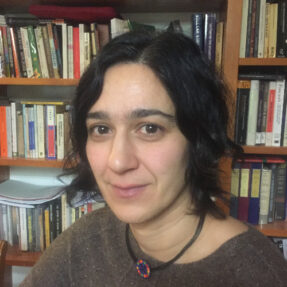
Stanka Radovic
Associate Professor, Department of English, UTM
David Roberts
Academic Director, Multidisciplinary Urban Capstone Project, School of Cities; Associate Professor, Teaching Stream & Director, Urban Studies, Innis College
Daniel Silver
Co-director of the Creative Communities Commons
Nidhi Subramanyam
Assistant Professor, Department of Geography & Planning
Michael Widener
Professor & Chair, Department of Geography & Planning
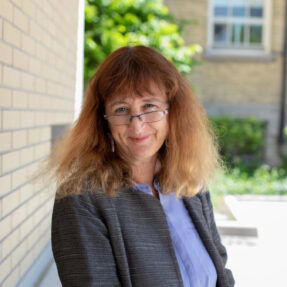
Karen Chapple
Director
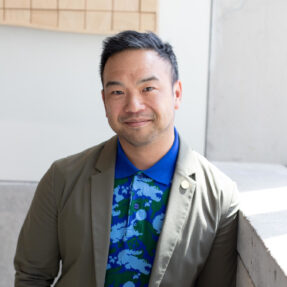
Ben Liu
Executive Director

Jeff Allen
Senior Research Associate; Lead, Data Visualization

Tony Chang
Communications Officer

Katherine Danks
Program Officer (on leave)
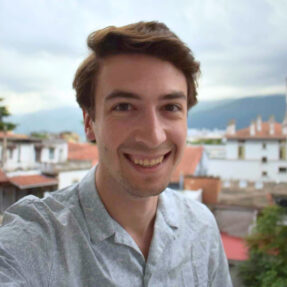
Kosta Diochnos
Knowledge Translation Specialist
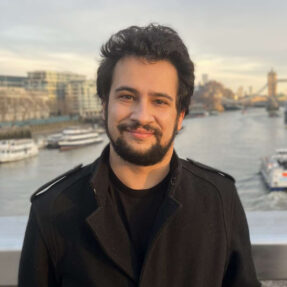
Austin Grant
Interim Program Officer; Program Coordinator (on leave)
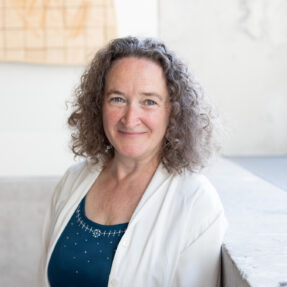
Felicity Heyworth
Senior Communications Officer
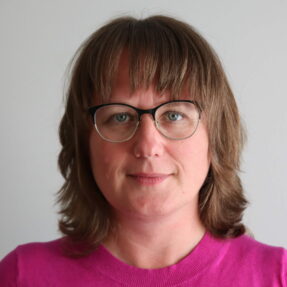
Gabriela Pawlus Kasprzak
Senior Education Officer

Jay Kraus
Videographer

Lara Muldoon
Assistant Director, Strategic Partnerships and Initiatives

Galina Safonenko
Business Officer

Serene Tan
Research Officer

Makda Teshome
Program Coordinator, Leading Social Justice Collective

Cindy Wong
Finance and Administration Officer
Mark S. Fox
Associate Director, School of Cities India; Director, Urban Data Centre; Distinguished Professor, Urban Systems Engineering; Professor, Department of Mechanical & Industrial Engineering
Eric Miller
Director, Mobility Network; Professor, Department of Civil & Mineral Engineering
Nasim Niknafs
Co-director of the Creative Communities Commons
Matti Siemiatycki
Director, Infrastructure Institute; Professor, Department of Geography & Planning
Daniel Silver
Co-director of the Creative Communities Commons
Enid Slack
Director, Institute on Municipal Finance and Governance
Elspeth H. Brown
Professor, Department of Historical Studies & Associate VP, Research, UTM
Beth Coleman
Associate Professor, Faculty of Information
Heather Dorries
Assistant Professor, Centre for Indigenous Studies & Department of Geography & Planning
Steven Farber
Associate Professor, Department of Human Geography, UTSC
Richard Florida
Distinguished Scholar-in-Residence, School of Cities; University Professor, Rotman School of Management
Mark S. Fox
Associate Director, School of Cities India; Director, Urban Data Centre; Distinguished Professor, Urban Systems Engineering; Professor, Department of Mechanical & Industrial Engineering
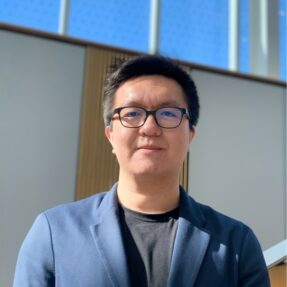
Edison Gao
BA, Major in City Studies, Minors in Economics and Urban Public Policy & Governance, UTSC

Kevin Kuriakose Joseph
Master of Applied Science, Department of Civil & Mineral Engineering
Sheng Liu
Assistant Professor, Rotman School of Management
Liat Margolis
Associate Professor, John H. Daniels Faculty of Architecture, Landscape, and Design
Eric Miller
Director, Mobility Network; Professor, Department of Civil & Mineral Engineering
Chelsea Rochman
Assistant Professor, Ecology and Evolutionary Biology
Laura Rosella
Associate Professor, Dalla Lana School of Public Health & Temerty Faculty of Medicine
Shoshanna Saxe
Associate Professor, Department of Civil & Mineral Engineering
Matti Siemiatycki
Director, Infrastructure Institute; Professor, Department of Geography & Planning
Enid Slack
Director, Institute on Municipal Finance and Governance
Rebecca Alty
Canadian Urban Leader
Ana Bailão
Canadian Urban Leader
Lanrick Bennett Jr.
Urbanist-in-Residence

Sam Carter-Shamai
Early Career Canadian Urban Leader
Nation Cheong
Urbanist-in-Residence

Zahra Ebrahim
Urbanist-in-Residence
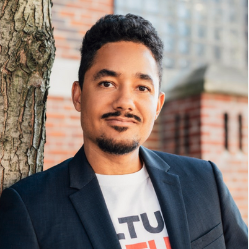
Kofi Hope
Urbanist-in-Residence

Mitzie Hunter
Canadian Urban Leader
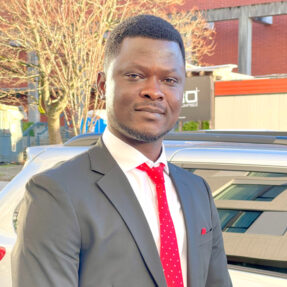
Paul Boniface Akaabre
Postdoctoral Fellow, School of Cities

Amir Forouhar
Postdoctoral Fellow, School of Cities
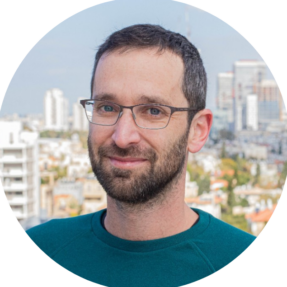
Yinnon Geva
Postdoctoral Fellow, Infrastructure Institute

Byeonghwa Jeong
Postdoctoral Fellow, School of Cities
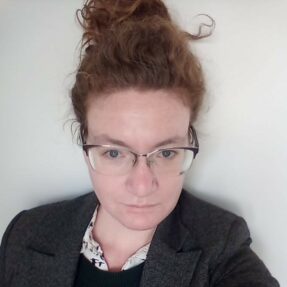
Tamara Kerzhner
Postdoctoral Fellow, School of Cities
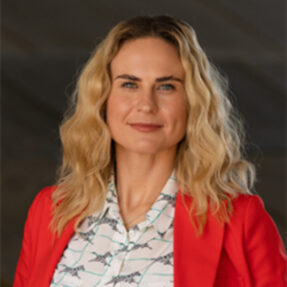
Stephanie Ortynsky
Postdoctoral Fellow, Institute on Municipal Finance and Governance
Learn more about our Affiliated Faculty here.



